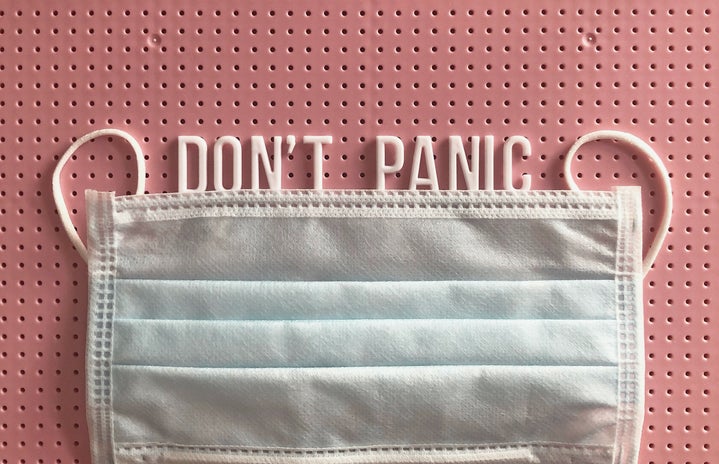Throughout the pandemic, kids, teenagers, and adults alike have had to be more resilient than ever before. Many adults lost their jobs, kids lost in-person access to friends and teenagers lost access to monumental events — prom, graduation ceremonies, and study-abroad opportunities. While we all are in this together, it can be a bit lonely at times. During the pandemic, we have relied on FaceTime calls and text messages to reach friends and family.
However, these forms of communication are not always good enough. Many individuals — mostly children and adolescents — are struggling more with their mental health now than ever before. We must acknowledge that mental health during a pandemic is at an all-time low and attempt to create solutions that alleviate some of the stress off of our younger generations.
Rise in Mental Health Cases
Boston Children’s Hospital reports that it saw “patient hospitalizations leap 47 percent in 2020” compared to other years. There is an increase in fear, anxiety, depression and social media use in the younger generations. While this new reality may seem dim at times, there is still some newsworthy information that gives us something to look forward to in the future.
Since January 2021, women and young girls are now eligible to be screened for anxiety at annual visits, which may help individuals get diagnosed properly at doctor visits. Additionally, the vaccine rollout schedule is set to allow all adults to qualify for the vaccine around May, which has surpassed original expectations for the July dates proposed by Joe Biden and his team. The Center for Disease Control and Prevention recommends getting vaccinated as soon as you may be eligible. The faster that we are all vaccinated, the more optimistic our future will be in returning to a pre-Covid normalcy.
How to Manage Mental Health
There are several solutions to dealing with mental health during the pandemic. The first is getting a family pet. Now is a great time to train a pet with more time indoors. This will give the family more reasons to go for a walk outside with their pet. Furthermore, it will potentially alleviate some feelings of loneliness. That being said, pets are lots of work, so it is important that the family is willing to pitch in time and effort to take care of them.
Another solution is meditating. Meditating has been found to be incredibly beneficial for the mind and body. There are many free phone apps available that can alleviate stress and improve focus just after using it for 5 to 10 minutes. The Center for Disease Control and Prevention also highlights the importance of sticking to a sleep schedule, maintaining well-balanced meals, and making time to unwind.
Lastly, unplugging practices should be attempted. When we take time away from technology, we are not constantly on alert for new updates, posts, or notifications. Unplugging gives us some time to reflect on the things that matter the most to us and focus on activities that are more important than scrolling through social media — perhaps reading your favorite book, listening to a crime podcast or helping your loved ones cook dinner.
Looking Forward
The long-term effects of COVID-19 on mental health are unknown, but we must do everything we can NOW to create moments in our lives that focus on the present. We first must acknowledge that mental health should be a normalized conversation topic. Invite every individual to the table, no matter what age they may be.
While the pandemic has taken a lot from us, it has also shed a light on the need for human interaction as well as the need for an imperfect society. Before the pandemic, who would have thought that you would see your co-workers in pajamas or hear your professors’ kids laughing? Who would have thought that you could sleep in an extra hour every day because you no longer need to commute? We must not forget that we have lives outside of what others may see, and that self-care days are necessary for all of us. Our need for better mental health programs and solutions will not go away after the pandemic is over. We need better solutions now, in order to create a better tomorrow for our future generations.


